Backstage with Ruth Mackenzie

Ruth Mackenzie has more than forty years’ experience in the arts world. A former director of Holland Festival, Manchester International Festival, and Chichester Festival, Mackenzie oversaw the official cultural program for the 2012 London Olympics and was Artistic Director for the Théâtre du Châtelet in Paris. She also worked on the first Manchester International Festival as General Director, as Dramaturg for the Vienna Festival, and has directed the Scottish Opera and major theatres in Nottingham and Chichester. She is Artistic Director of the Adelaide Festival, with responsibility for the festivals from 2024 to 2026.
What was the first performance that made a deep impression on you?
As a child, I was lucky to see Peter Brook’s production of A Midsummer Night’s Dream. This was the first time I understood the power of a theatre director to change your understanding of a play and draw out of the text a vision you would never forget. It was the start of my lifelong adoration of great directors and their productions.
When did you realise that you wanted to be an artist yourself?
I am not an artist, which I realised when I watched Pierre Boulez rehearsing Pli Selon Pli with the BBC Symphony Orchestra. His musical genius, his technical precision, his generosity in listening to and supporting the musicians was breathtaking. I knew then I wanted to work with artists to create world-class, world-changing art.
What’s the most brilliant individual performance you have ever seen?
Very hard to pick just one! At the London 2012 Festival (the official cultural festival for the London Olympics & Paralympics), Pina Bausch proposed her most ambitious project ever – the presentation of her World Cities series, each created in a residency in a different World City; and Elizabeth Streb proposed a series of new commissions called ‘One Extraordinary Day’, each on a London landmark, climaxing in a dance piece made 400 metres above the ground by dancers clipped to the spokes of the London Eye. And they happened at the same time … how can I choose!
Name three performers you would like to work with?
Also on my list of the most brilliant individual performances I have ever seen is Robert Lepage as Hamlet in Elsinore (we worked with him on the UK première in Nottingham Playhouse). He was a bit nervous performing Shakespeare in English in England, but it was so extraordinary. I have worked with Robert many times since 1993 and I am so happy he is coming to Adelaide for the 2024 Festival. At Manchester International Festival and again at the Holland Festival in Amsterdam, I worked with the great visual artist and Oscar-winning film director Steve McQueen, who is always top of my list as an artist making world-changing art. Closer to home here in Australia, I worked with Cate Blanchett on her ground-breaking production of Big and Little by Botho Strauss for Sydney, Vienna, Paris, London. Of all her extraordinary achievements as a performer, this must take the prize.
Do you have a favourite song?
Everybody has their personal playlist they turn to for joy and comfort. I will pick ‘God Only Knows’ by the Beach Boys from my playlist.
And your favourite play or opera?
The Rake’s Progress by Stravinsky. (But that is a hard question to ask somebody who has run an opera company in Scotland and an opera house in Paris.)
Who is your favourite writer – and your favourite composer?
You often find your favourites in childhood, and so mine are lifelong friends found early in life – Jane Austen and J.S. Bach.
How do you regard the audience?
I love and respect audiences. During the festival, listening to audience members talking about the shows is one of the most important and enjoyable parts of my job. Actually, talk to me anytime, not just during the festival.
What’s your favourite theatrical venue in Australia?
Here in Adelaide, the Odeon Theatre is both beautiful and, thanks to Dan Riley, his dancers and team, it has the perfect welcome for audiences and artists – a safe space for adventure and innovation.
What do you look for in arts critics?
Truth and expert knowledge. It is a tough time for art critics, but we need you as guides and critical friends.
Do you read your own reviews?
Yes, of course.
Money aside, what makes being an artist difficult – or wonderful – in Australia?
Money is always top of the list, but from my many conversations with talented emerging artists, I think there is a shortage of safe spaces where they can develop their work, supported by dramaturgs, producers, artistic directors. We would love to set up a Talent Lab, a safe space where, with experienced artistic director colleagues, we can support the development of ambitious new work by our future stars.
What’s the single biggest thing governments could do for artists?
Creativity is the most important element for success across the whole business sector, and the creative industries are major engines for economic growth. Artists are vital because of what they contribute to society, but the core skills of the arts and artists are also vital in education, health, community cohesion, economic development, all parts of government. We can help governments achieve their most important social and economic goals. Don’t think of us as something irrelevant on the margins. Let us help you.
What advice would you give an aspiring artist?
Think big. Don’t censor your vision and dreams because you fear they are too ambitious. Don’t say what you think people want to hear – your job is to change our minds, open our eyes, inspire and move us.
What’s the best advice you have ever received?
Defend and protect the artists. Artistic directors are human shields to protect artists and their visions. Our job is to make sure artists can do their job.
What’s your next project or performance?
Easy answer: Adelaide Festival 1–17 March 2024. Please come!

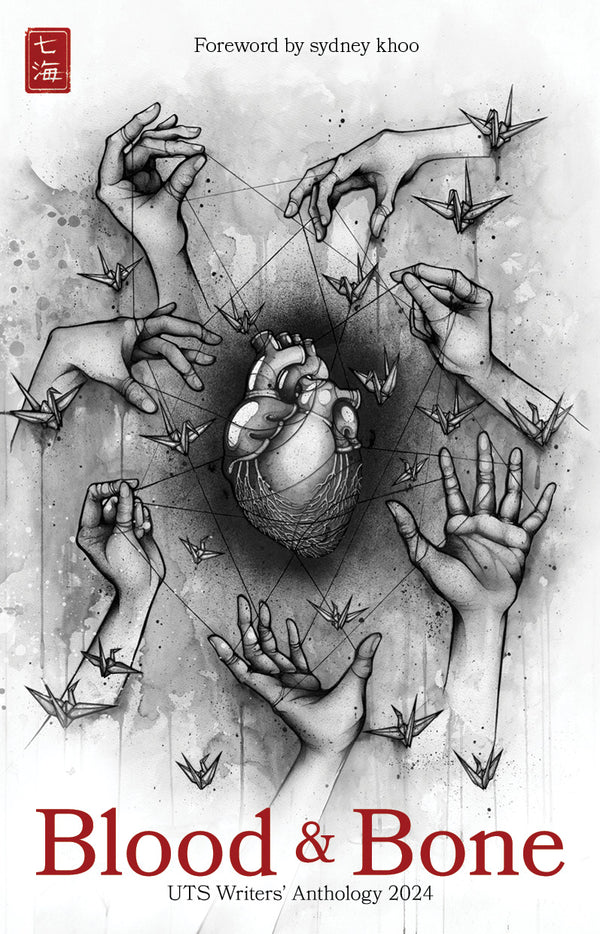
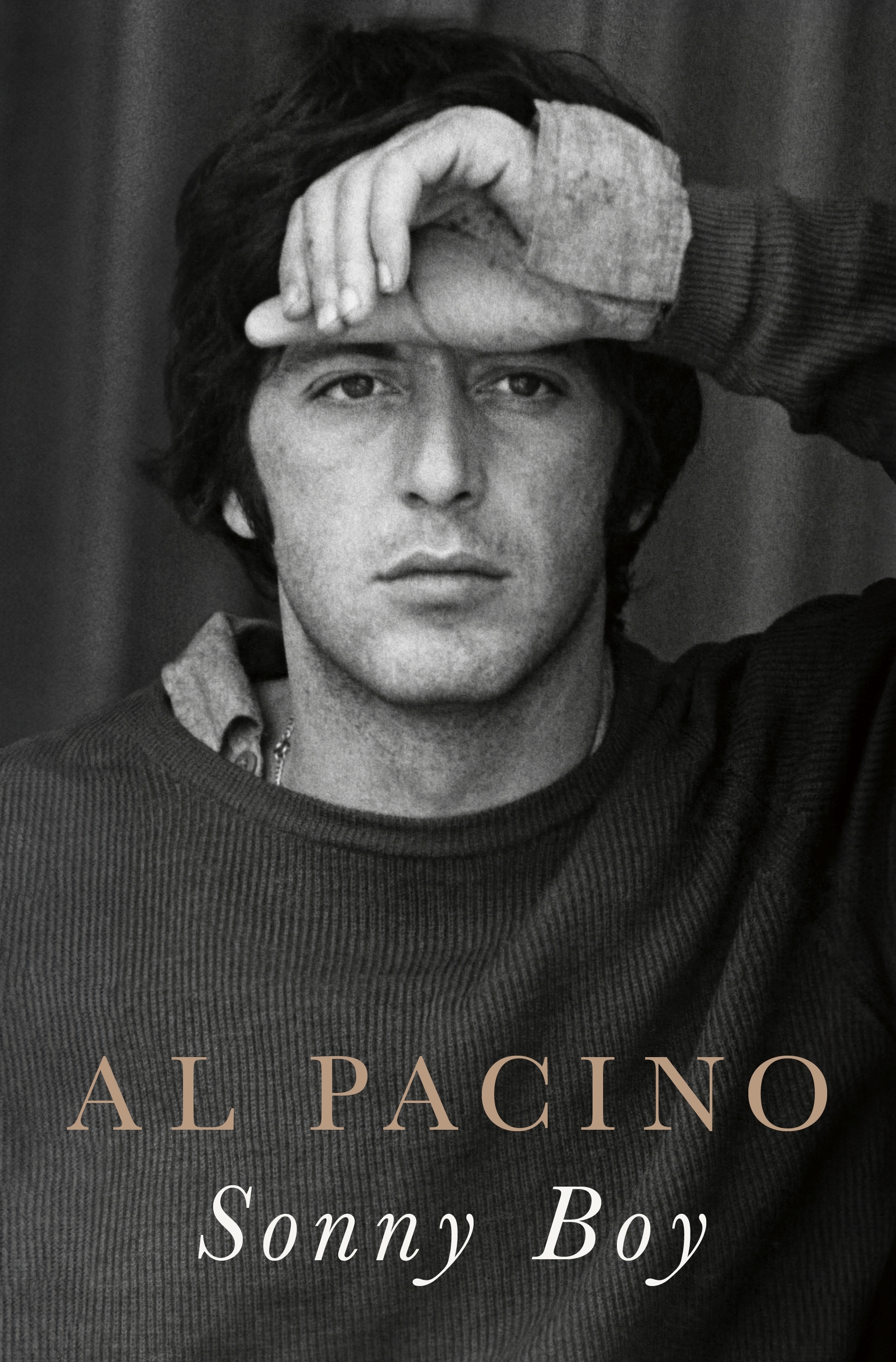
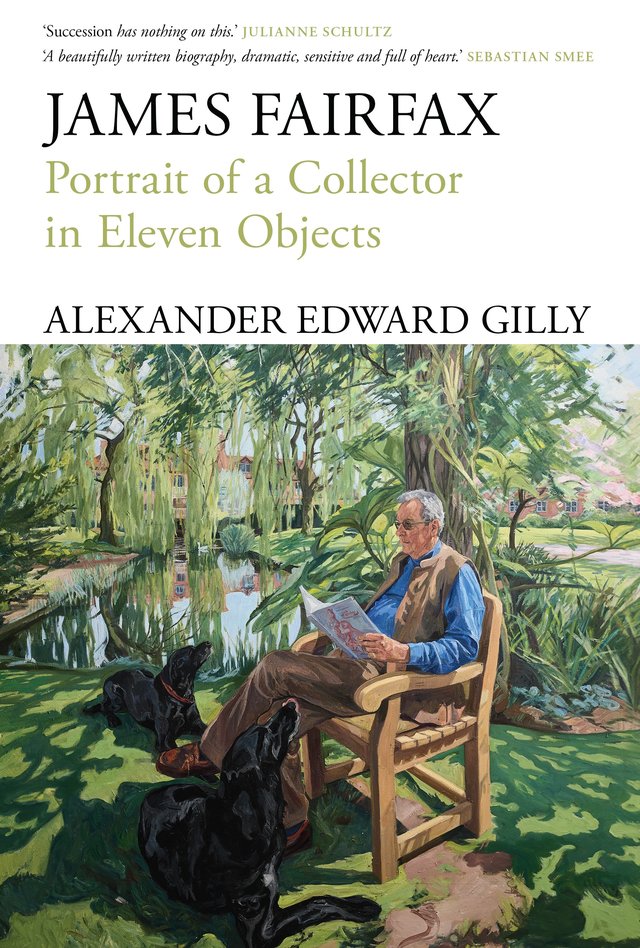
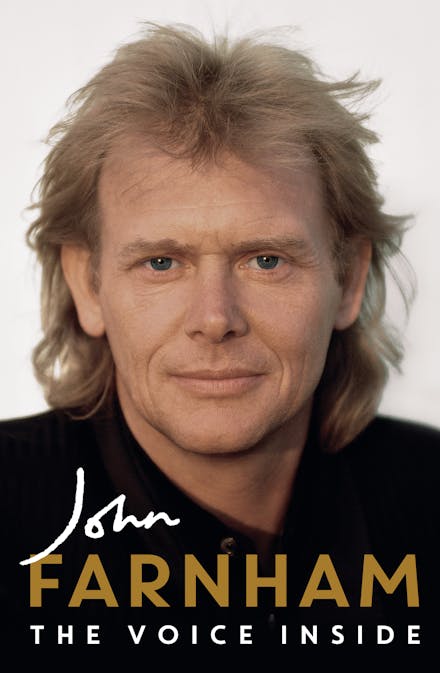
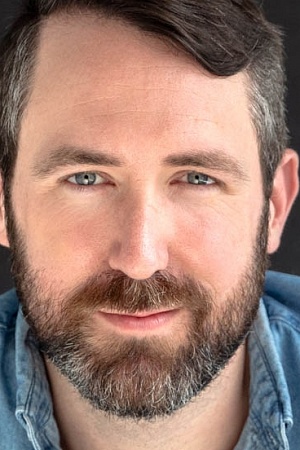


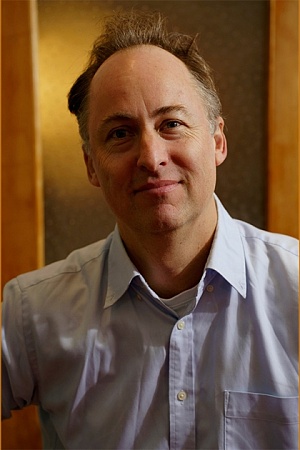
Leave a comment
If you are an ABR subscriber, you will need to sign in to post a comment.
If you have forgotten your sign in details, or if you receive an error message when trying to submit your comment, please email your comment (and the name of the article to which it relates) to ABR Comments. We will review your comment and, subject to approval, we will post it under your name.
Please note that all comments must be approved by ABR and comply with our Terms & Conditions.